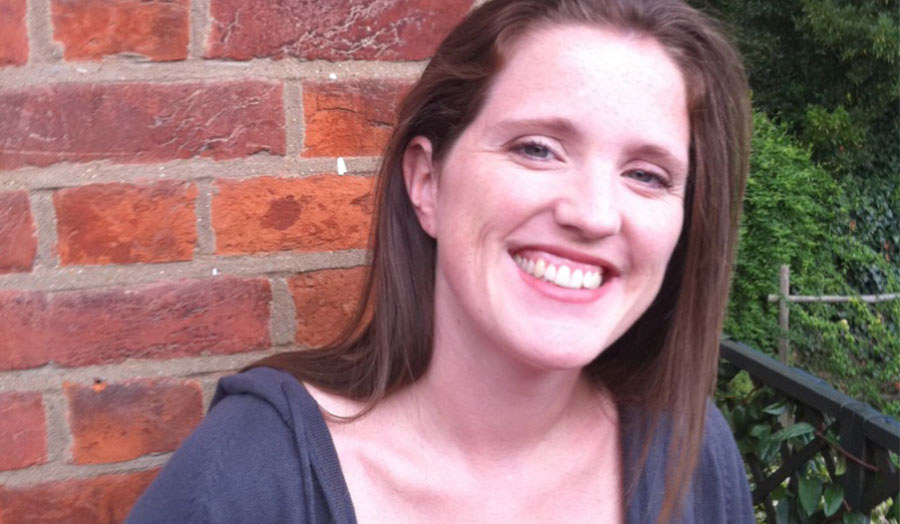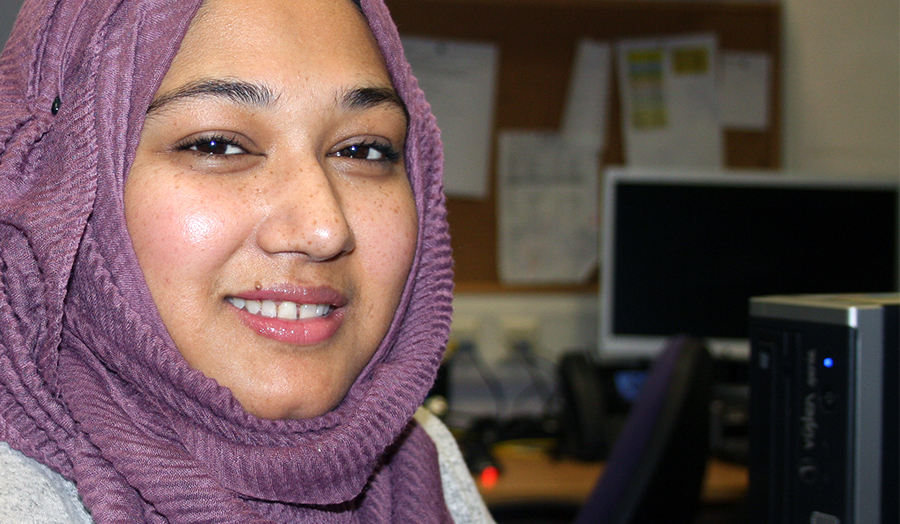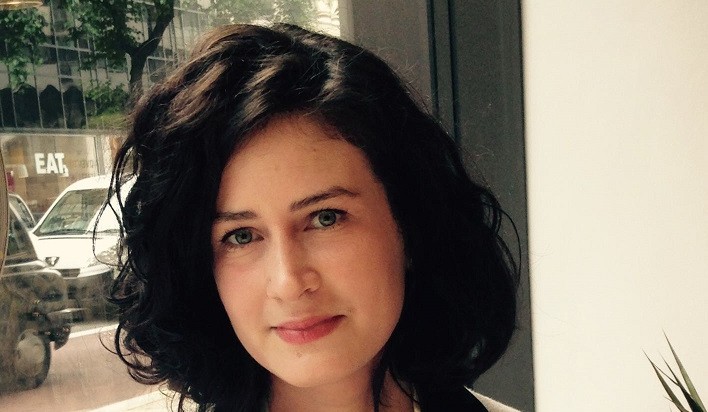When you apply for university you’ll need to provide a personal statement. This gives you the opportunity to demonstrate passion for the subject you want to study and showcase your achievements. It’s also a good chance for the uni to get more of an understanding of who you are. A good personal statement stands out because of its enthusiasm, passion and genuine interest in an area of study.
To help you get started, we've got some handy tips on how to write a personal statement that shows the best of you.
What is a personal statement?
It’s a piece of writing that you’ll need to submit to UCAS when you apply to your university courses. The aim is to explain why you’re the right person for the course and tell them about your achievements. Most of your UCAS submission is information-based, so your personal statement is a way to bring your application to life and showcase your personality.
How do I start writing it?
Your personal statement should reflect your personality and interests, specify why you’re right for the course and emphasise your achievements. Remember, you only get to submit one personal statement on UCAS (unless you re-apply in the second round), so if you’re applying for multiple courses it needs to be relevant to all of them.
Here are our top tips:
-
Be confident and enthusiastic
Universities want new students to be excited and interested in their courses, so show them that you’re passionate.
-
Stick to the limit
There’s a 4,000 character limit and 47 line limit for a reason, so don’t waffle!
-
Think about the structure
Your personal statement needs to be easy to understand and clear to read so make sure it’s written in a logical order.
-
Do your research
Link your statement to your chosen subject(s). You could even comment on a piece of research or a news story you’ve seen.
-
Power is knowledge
When researching your course(s), see what skills they want and make sure your experiences match up with what they’re looking for.
-
They care more about your extracurricular activities than you might think
Your hobbies show what kind of person you are. For example, group sports show that you work well as a team, learning an instrument means that you’re dedicated and creating a school newspaper demonstrates that you’re self-motivated.
-
Include what you’ve learnt so far
Write about any relevant projects, coursework or essays you’ve worked on, what you did well and what you learnt. If you’ve done work experience that links to what you want to study, definitely write about this!
-
It’s not all about grades
If you don’t meet the entry requirements, but have relevant work experience or a professional qualification, you could still get in. Applications like this are often reviewed on a case-by-case basis.
Personal statement must-haves:
- Passion for your chosen subject(s) ‒ if you’re applying for various courses, try and pick out common themes that link them together
- Your achievements ‒ your personal statement is your chance to show off your strengths and the things you’ve done
- Relevant skills ‒ show universities why you’re the right person for the course
What not to include:
- Info that’s irrelevant to the course(s) you’re applying to ‒ e.g. if you’re applying to study social care, you don’t need to tell universities about your maths GCSE
- Claims you can’t prove, such as ‘At school, everyone said I was the best at English even though I didn’t get good grades’
- Copied or plagiarised wording ‒ universities have powerful software that analyse personal statements to make sure they’re not copied
- Too many quotes ‒ universities want to hear from you, not long extracts by your favourite author, artist or playwright
- Long lists of your favourite books, articles, films etc ‒ but some references are okay!
- References to just one university or course ‒ remember you’ve got one personal statement for up to five different applications
What happens with your personal statement?
Universities receive thousands of personal statements each year and review every single one of them. They’re used to decide which applicants are best-suited to their course.
Hundreds of personal statements will be looked at for each course, which is why it’s so important that yours stands out.





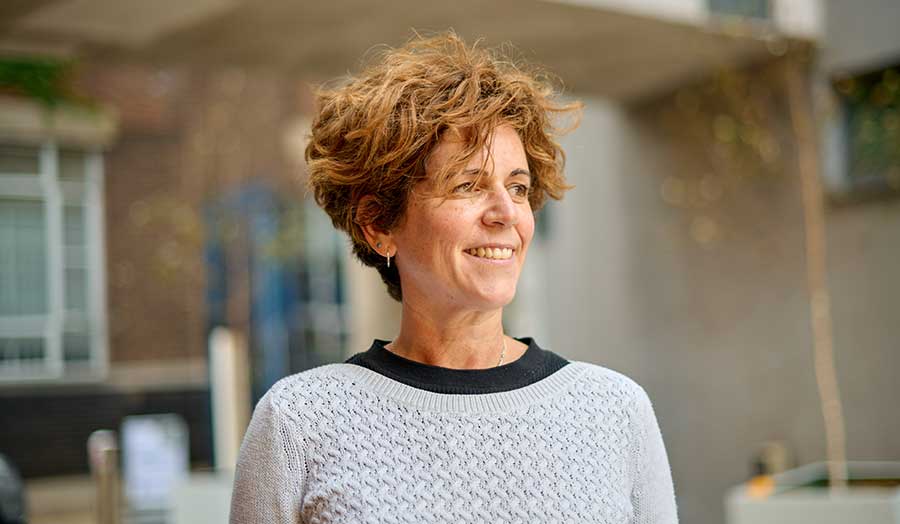







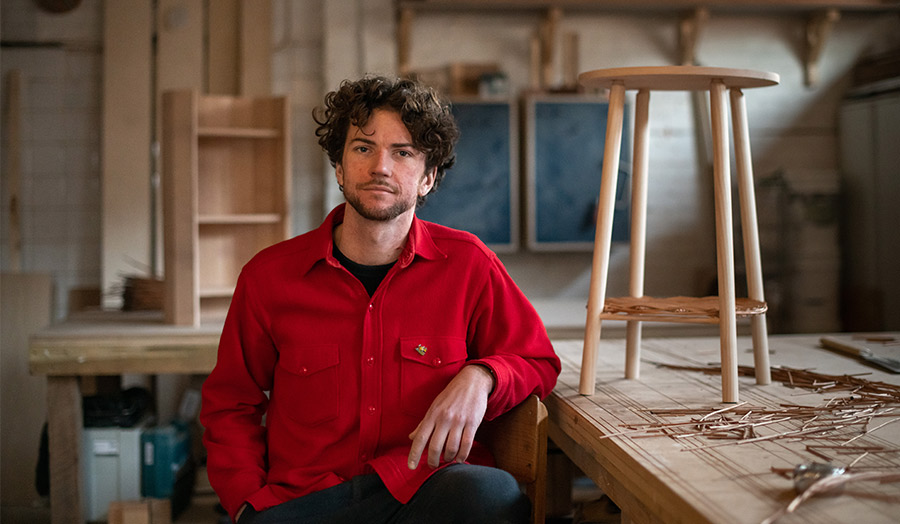










.jpg)

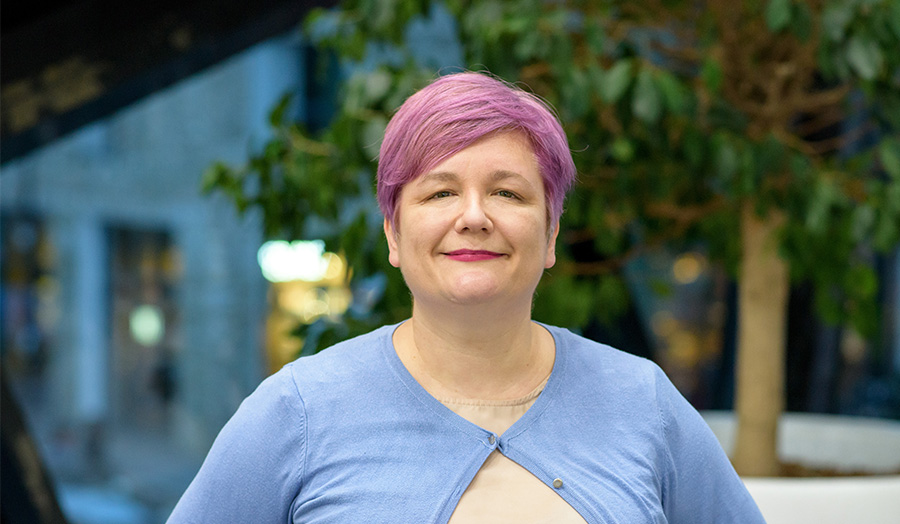


.jpg)
.jpg)
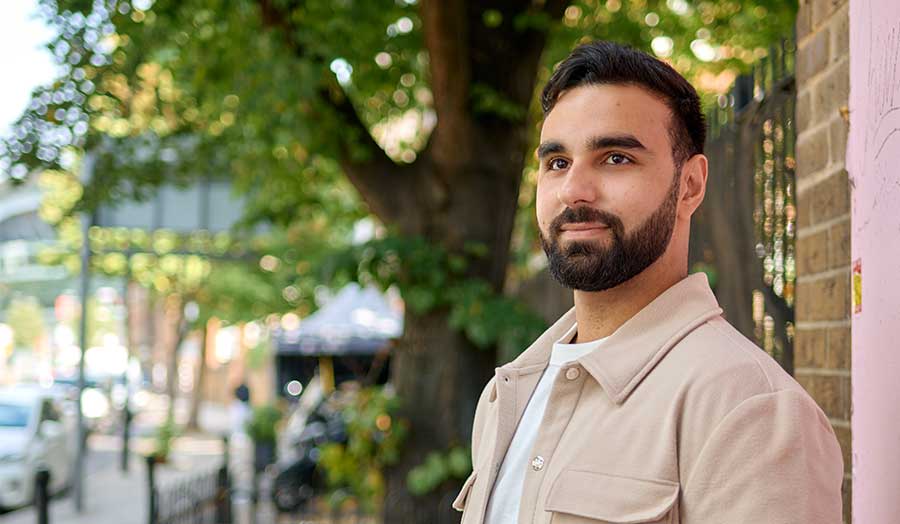
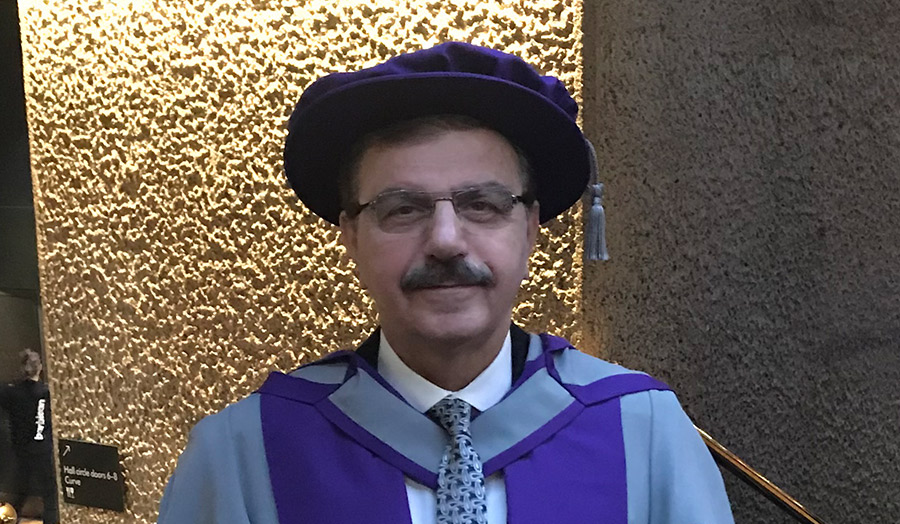

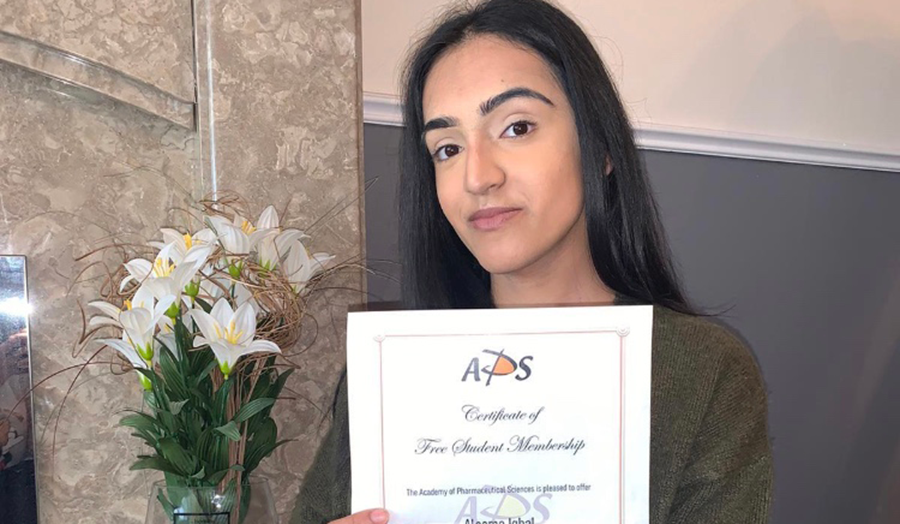



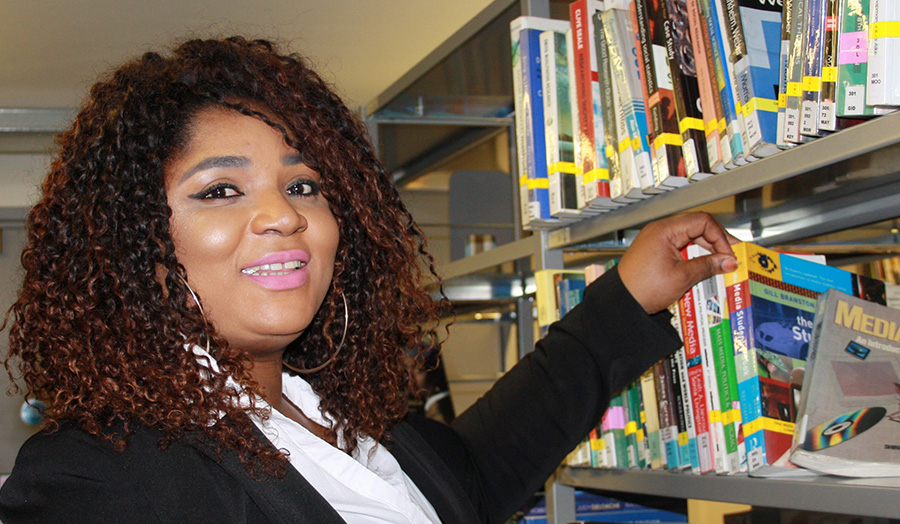

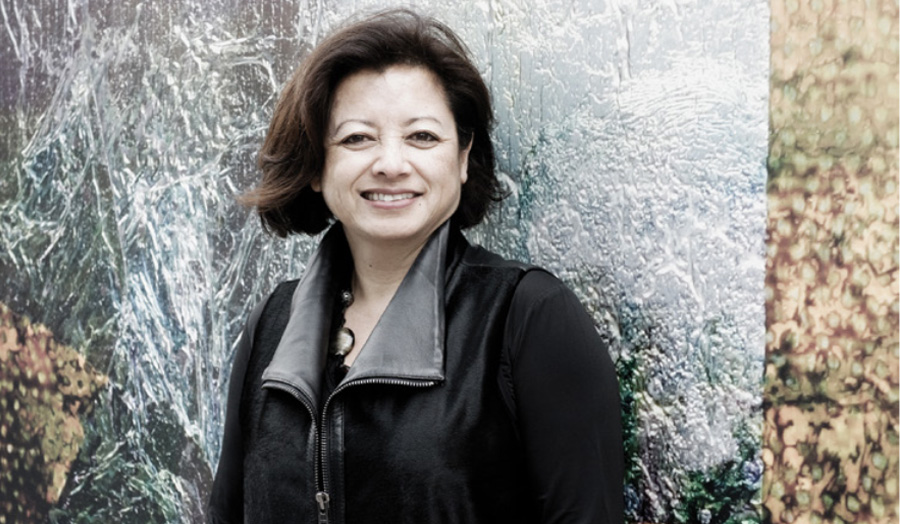
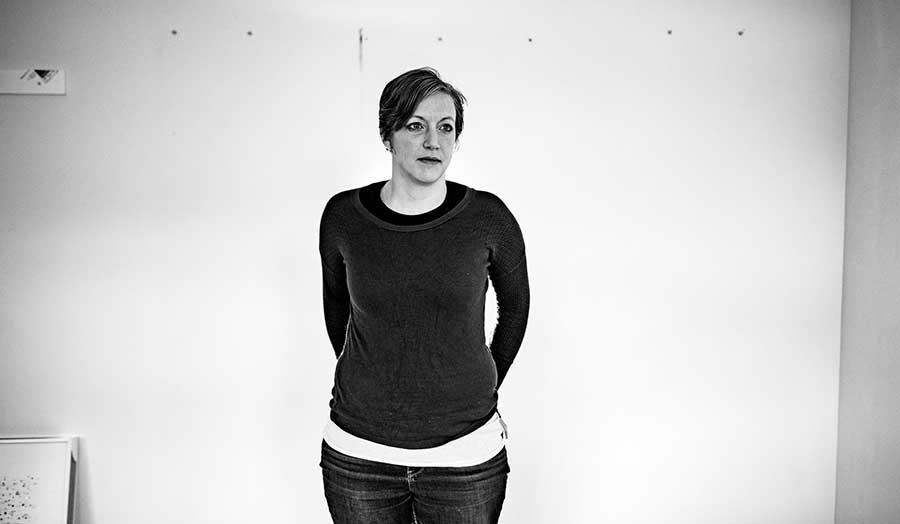
.jpg)
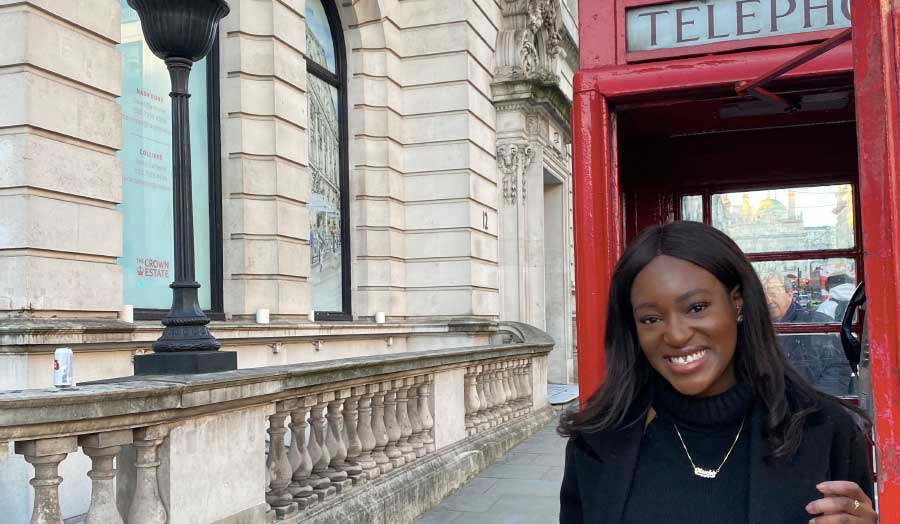
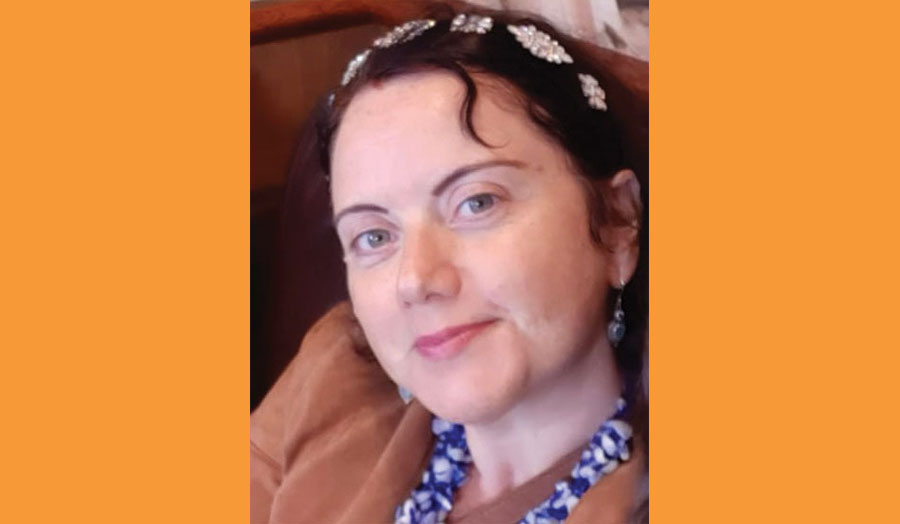

.jpg)

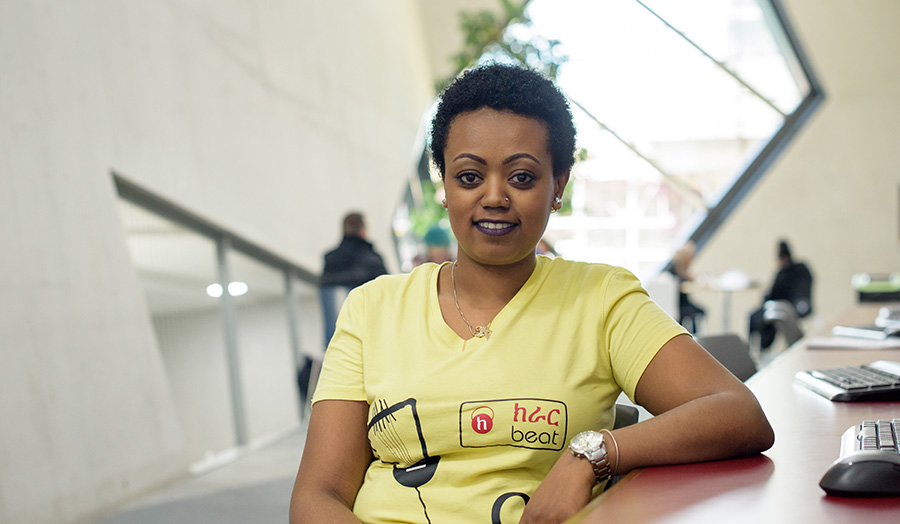

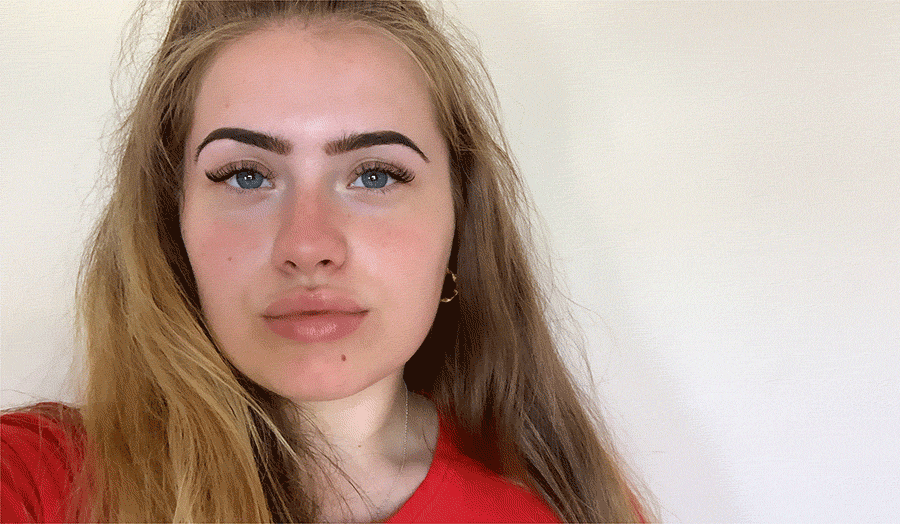

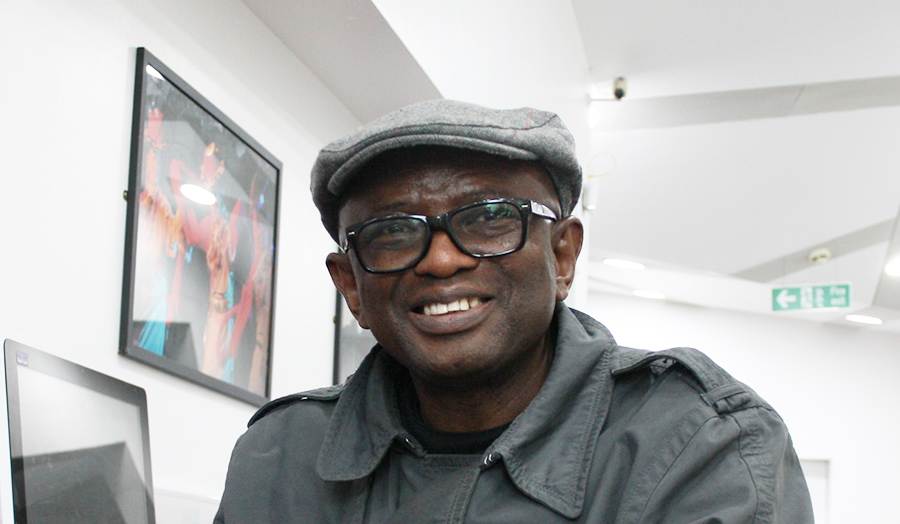

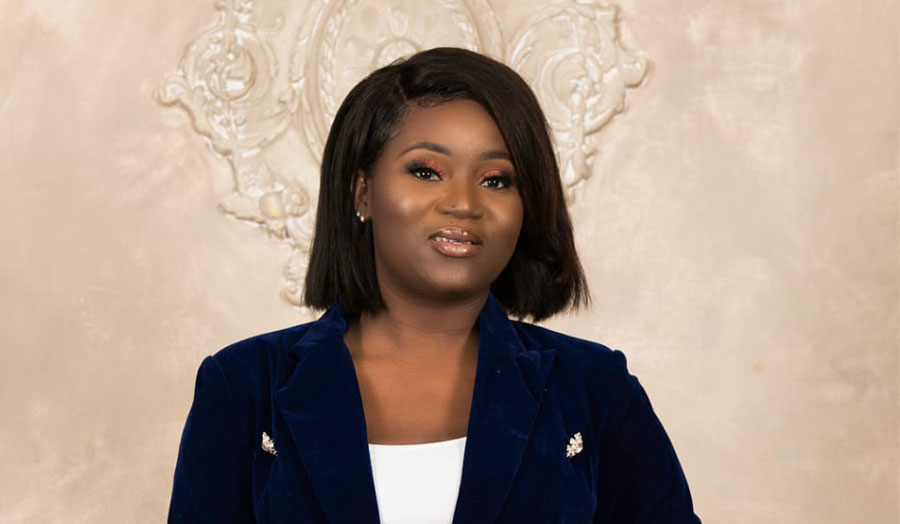


.jpg)


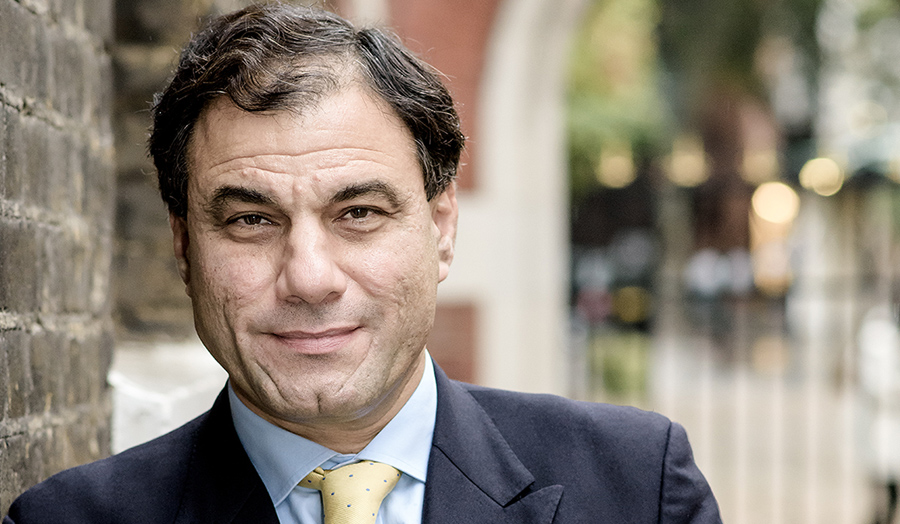

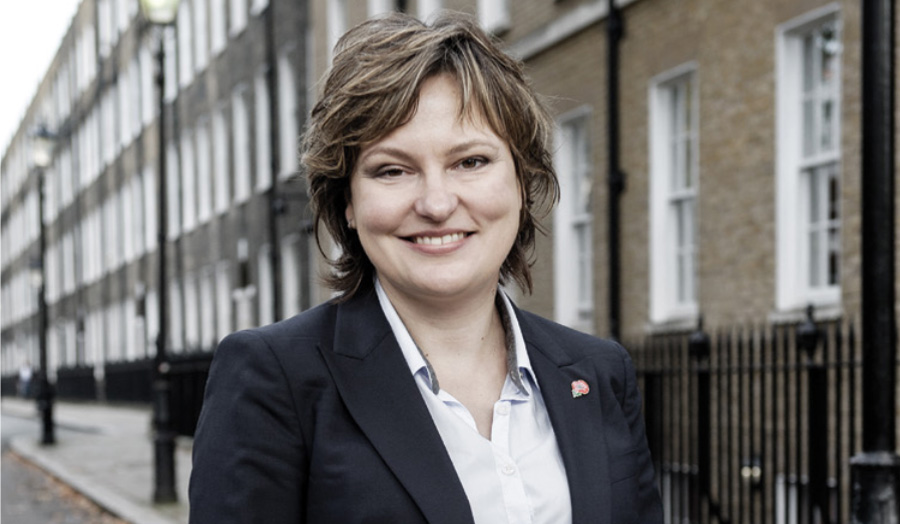




.jpg)
